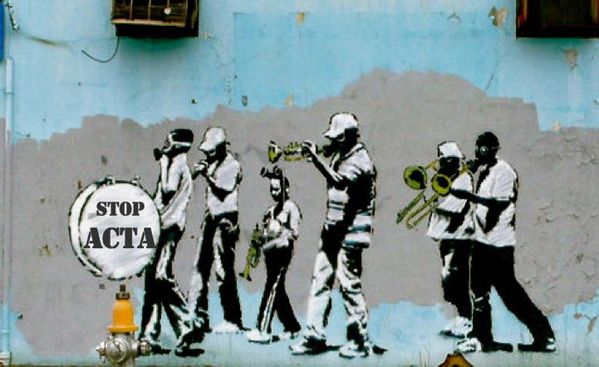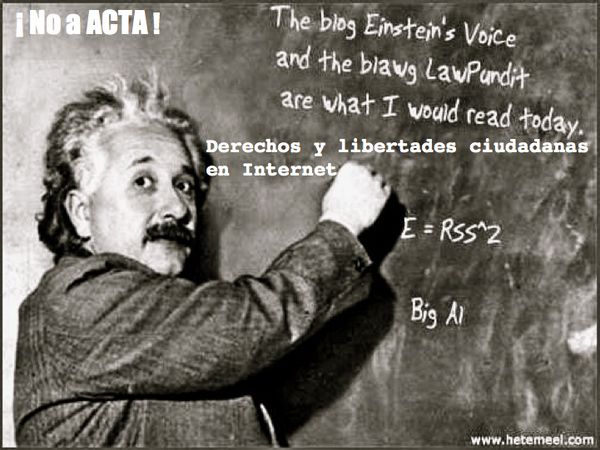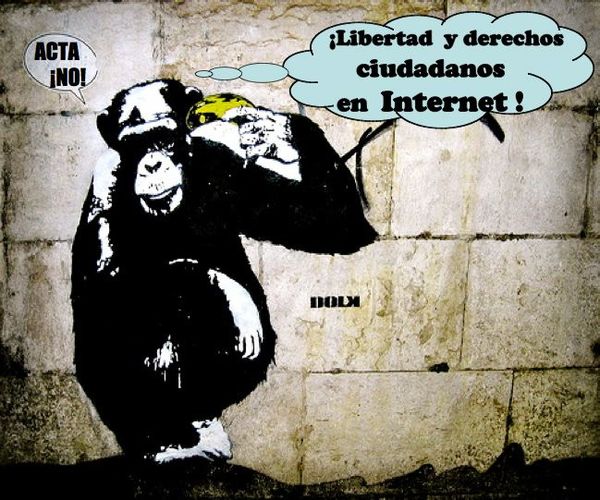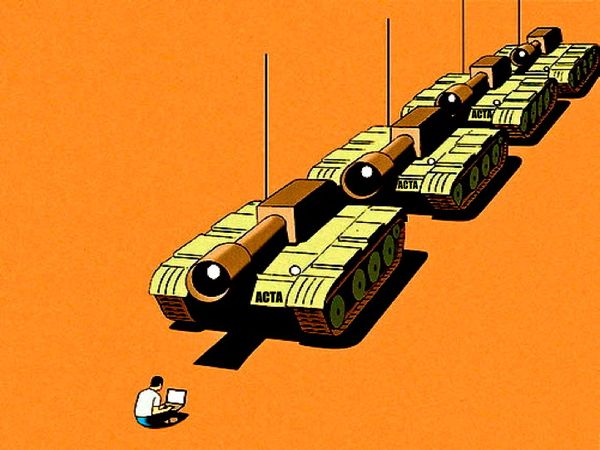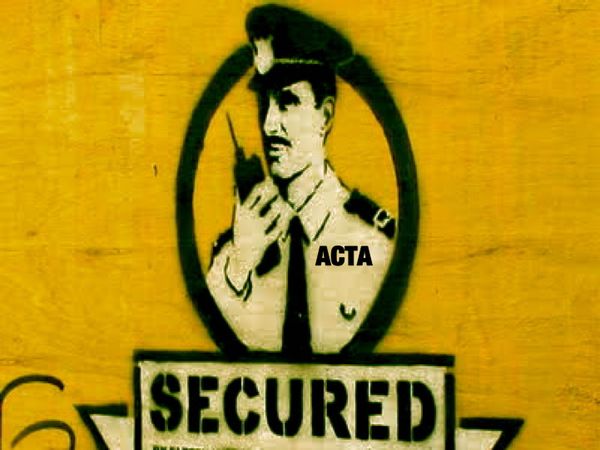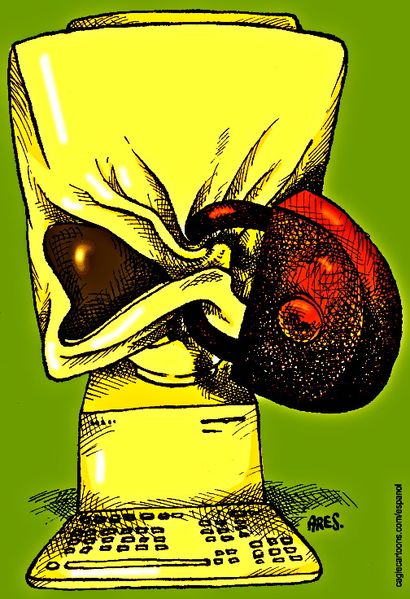UGLY POLITICS IN GENEVA: NO PROGRESS TOWARD ENDING “BOOK FAMINE” AT WIPO (World Intellectual Property Organization)

The technical solutions for providing millions of books to the blind and visually impaired exist; the political will does not.
A few months ago I asked an important EU official, who follows the proposal for a Treaty for the visually impaired and print disabled, what he thought of Africa´s “all or nothing” position of linking the treaty proposal with much larger demands of exceptions to copyright for libraries, archives and education. The European Commission official said he thought the African radical stance was “amusing”. He implied that the maximalist African proposal did them a favour by allowing the EU not to be seen as the principal culprit in blocking all significant progress toward a binding legal solution to the right to read of millions of blind people. However questionable and irresponsible the tactics of the African group have been, the most vocal opponent of a Treaty has been the European Union represented by Spain. The US also prefers to avoid a treaty.
The irony of the situation is that while blame for the lack of progress is being placed on African countries, these countries actually support a legally binding Treaty for the visually impaired. The reality is that the US and the EU have been fighting tooth and nail against a legally binding treaty for the visually impaired and during the World Intellectual Property Organization meeting last week in Geneva they they were the target of massive criticism from civil society and many countries from the South. The EU was even adamant in rejecting any mention of creating “legal instruments” in favour of enhancing the right to read for millions of print disabled people. Now, instead of blaming the EU and the US for their insensitive pro-corporate copyright fundamentalism, anger is being directed toward the “reckless, unrealistic” proposals of African countries. At the same time the EU and the US are now able to use the broad african proposal as proof in their view that an exception and limitation on copyright for the blind is just one step inin a larger strategy of weakening international copyright protection. Since WIPO functions with a consensus principle the “African excuse” becomes the perfect pretext for the North to push lower expectations about achieving a new international legal norm and to instead push weak voluntary mechanisms.
What a sad spectacle. The US and EU member states sat back with certain satisfaction as Latin American and African countries attacked eachother harshly over what should be the best strategy on copyright for the South, a realistic “issue by issue” one or a utopian “holistic” approach (obviously with other political motivations in play, as well) . As the sterile debate went on for hours the hope of moving firmly toward a Treaty for the Blind faded. In any case, while the African group was blocking any kind of satisfactory conclusion to the meeting, the EU and US representatives were totally passive, making no visible attempt at reaching a compromise with the Africans. According to one Latin American diplomatic source this was a coordinated plan between the wealthy countries and the African group to sabotage movement toward a Treaty. After 14 hours of meeting last Thursday the SCCR ended by default as the clock struck 12 midnight and time had run out. Lost was an opportunity, set forth by Brazil and Ecuador, of setting a diplomatic time-table and a concrete negotiating framework.
The US and most EU countries already have national laws of limitations and exceptions of copyright within their countries. Nevertheless, these same countries refuse to create a simiiar international norm of exception for the world´s marginated print disabled population. While legal access to copyrighted works is relatively easy in many countries of the North, the EU and the US propose a series of stringent, inviable and complicated “recommendations” for the rest of the world. At the core of these recommendations would be the figure of the “trusted intermediary” for cross-border transfer of works that would be “consented” by right-holders and then allowed to distribute certain books in special formats for the blind. Almost all libraries, universities and public institutions in the South, where most visually impaired live, could not meet the strict conditions to become “intermediaries” and would be excluded. In any case, the difficult mechanics and the narrow technical restrictions of these US and EU proposals would allow very few books to be made available to the 300 million print disabled persons in the world.
New means are needed to pressure and shake a bit of common sense and justice into the countries members of WIPO. Here is a draft of a still unsigned note, not officially released, that was written by a few civil society representatives amidst the frustration of last week´s meeting:
We have been coming to WIPO for many years now, not to protect any private or individual interest, but to defend the interest of a very disadvantaged group- blind people and other print disabled communities globally. In the name of of civil society organizations that are working for a solution to the “book famine” that millions of citizens suffer around the world, and who support a legally binding Treaty for the visually impaired and other print disabled, we feel obliged to express our frustration and profound disappointment over the utter failure of WIPO Member States to seriously address the urgent needs of blind persons and other print disabled people. We are dismayed by the confusing tactics of delay and denial exercised by a number of important countries today. Such behaviour contradicts their own stated commitments to work for effective and full solutions.
Our patience is great. We have worked at WIPO for years on this matter. However, our resources are not without limits. If WIPO members cannot fulfill their obligations under the United Nations and its Convention on the Rights of Persons with Disabilities it will be a very sad day indeed for this global body. In such a case we shall ensure that WIPO’s inability to conclude this issue with clarity and determination, will be reported to the the United Nations Convention on the Rights of Persons with Disabilities Monitoring Commitee and to the Secretary General of the UN. We shall be forced to take our fight to other institutions and into the streets.

















